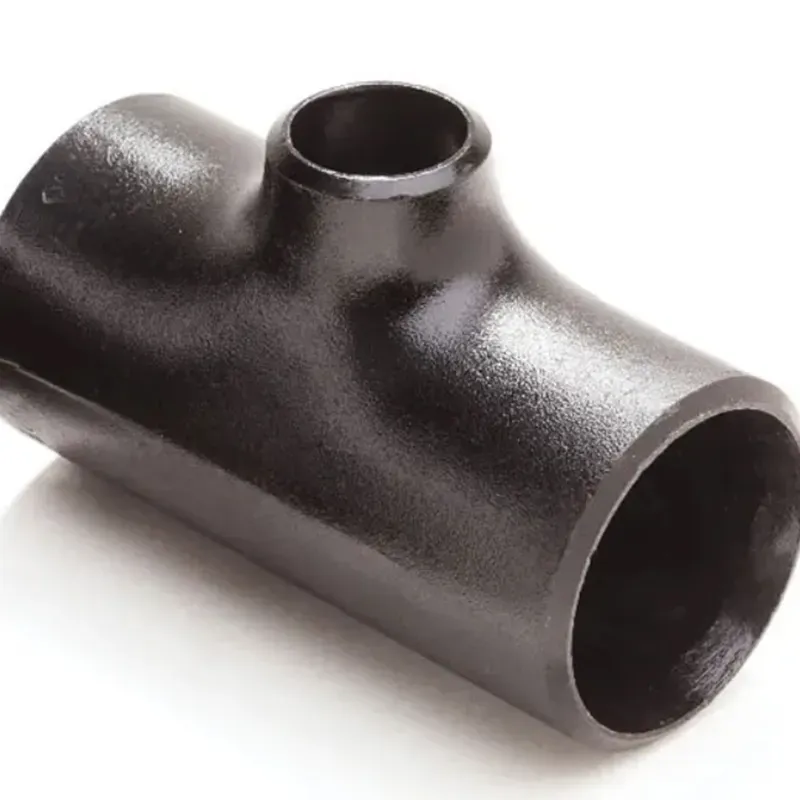-
Cangzhou Yulong Steel Co., Ltd.
-
Phone:
+86 13303177267 -
Email:
admin@ylsteelfittings.com
- English
- Arabic
- Italian
- Spanish
- Portuguese
- German
- kazakh
- Persian
- Greek
- French
- Russian
- Polish
- Thai
- Indonesian
- Vietnamese
- Zulu
- Korean
- Uzbek
- Hindi
- Serbian
- Malay
- Ukrainian
- Gujarati
- Haitian Creole
- hausa
- hawaiian
- Hebrew
- Miao
- Hungarian
- Icelandic
- igbo
- irish
- Japanese
- Javanese
- Kannada
- Khmer
- Rwandese
- Afrikaans
- Albanian
- Amharic
- Armenian
- Azerbaijani
- Basque
- Belarusian
- Bengali
- Bosnian
- Bulgarian
- Catalan
- Cebuano
- China
- China (Taiwan)
- Corsican
- Croatian
- Czech
- Danish
- Esperanto
- Estonian
- Finnish
- Frisian
- Galician
- Georgian
- Kurdish
- Kyrgyz
- Lao
- Latin
- Latvian
- Lithuanian
- Luxembourgish
- Macedonian
- Malgashi
- Malayalam
- Maltese
- Maori
- Marathi
- Mongolian
- Myanmar
- Nepali
- Norwegian
- Norwegian
- Occitan
- Pashto
- Dutch
- Punjabi
- Romanian
- Samoan
- Scottish Gaelic
- Sesotho
- Shona
- Sindhi
- Sinhala
- Slovak
- Slovenian
- Somali
- Sundanese
- Swahili
- Swedish
- Tagalog
- Tajik
- Tamil
- Tatar
- Telugu
- Turkish
- Turkmen
- Urdu
- Uighur
- Welsh
- Bantu
- Yiddish
- Yoruba

Dec . 02, 2024 06:41 Back to list
api 5l x60 psl2
Understanding API 5L X60 PSL2 Specifications and Applications
The API 5L X60 PSL2 specification is a crucial standard in the oil and gas industry, particularly in the transportation of petroleum and natural gas. API, which stands for the American Petroleum Institute, provides specifications for various types of steel pipes used in pipeline applications. The X60 designation indicates a specific level of yield strength, while PSL2 refers to the product specification level, which encompasses additional requirements for quality and testing.
What Does X60 Mean?
The X in X60 denotes the steel’s strength grade, specifically indicating that the yield strength of the pipe is a minimum of 60,000 psi (pounds per square inch). The numerical value reflects the steel's capacity to withstand stress without deforming. In applications where high-pressure conditions are prevalent, such as in oil and gas transport, using a steel pipe like X60 is essential. This grade provides a reliable balance of strength, ductility, and toughness needed to handle extreme conditions.
PSL2 Explained
PSL2, or Product Specification Level 2, is one of the two levels of quality specified in the API 5L standard (the other being PSL1). PSL2 is characterized by more stringent requirements regarding chemical composition, mechanical properties, and testing methods. For instance, PSL2 pipes often undergo additional non-destructive testing (NDT) to ensure they are free from defects that could compromise their structural integrity during operation. This level of scrutiny makes PSL2 pipes suitable for applications involving more severe service conditions, ensuring greater safety and reliability.
Manufacturing Process
api 5l x60 psl2

The manufacturing of API 5L X60 PSL2 pipes involves several steps, including the selection of high-grade raw materials, precise control of chemical composition, and strict adherence to mechanical property requirements. The steel is typically produced via processes like electric arc furnace (EAF) methods or basic oxygen steelmaking (BOS), followed by the formation of the pipe through techniques such as seamless or welded manufacturing.
Post-manufacturing, the pipes undergo heat treatment processes to enhance their mechanical properties. Subsequent inspections and tests, including tensile tests, impact testing at low temperatures, and various NDT methods, are conducted to ensure compliance with the rigorous API specifications.
Applications of API 5L X60 PSL2
API 5L X60 PSL2 steel pipes find a multitude of applications in the energy industry. They are primarily used in the construction of pipelines for transporting natural gas, crude oil, and water. Their robust design and high yield strength make them particularly suited for high-pressure and high-temperature environments. Furthermore, these pipes can be utilized in offshore pipelines, which face unique challenges due to environmental conditions.
In addition to oil and gas transportation, X60 PSL2 pipes are also used in water distribution systems and other industrial projects requiring reliable piping solutions that can withstand harsh operating conditions.
Conclusion
In conclusion, API 5L X60 PSL2 is a vital specification within the pipeline industry, providing steel pipes that meet the rigorous demands of energy transportation. With their high yield strength and stringent quality requirements, X60 PSL2 pipes ensure safety and efficiency in transporting essential resources. The ongoing development of manufacturing techniques and adherence to superior quality standards will continue to enhance the reliability of these pipes, catering to the evolving needs of the industry.
Latest news
-
ANSI 150P SS304 SO FLANGE
NewsFeb.14,2025
-
ASTM A333GR6 STEEL PIPE
NewsJan.20,2025
-
ANSI B16.5 WELDING NECK FLANGE
NewsJan.15,2026
-
ANSI B16.5 SLIP-ON FLANGE
NewsApr.19,2024
-
SABS 1123 FLANGE
NewsJan.15,2025
-
DIN86044 PLATE FLANGE
NewsApr.19,2024
-
DIN2527 BLIND FLANGE
NewsApr.12,2024
-
JIS B2311 Butt-Welding Fittings LR/SR 45°/90° /180°Seamless/Weld
NewsApr.23,2024











